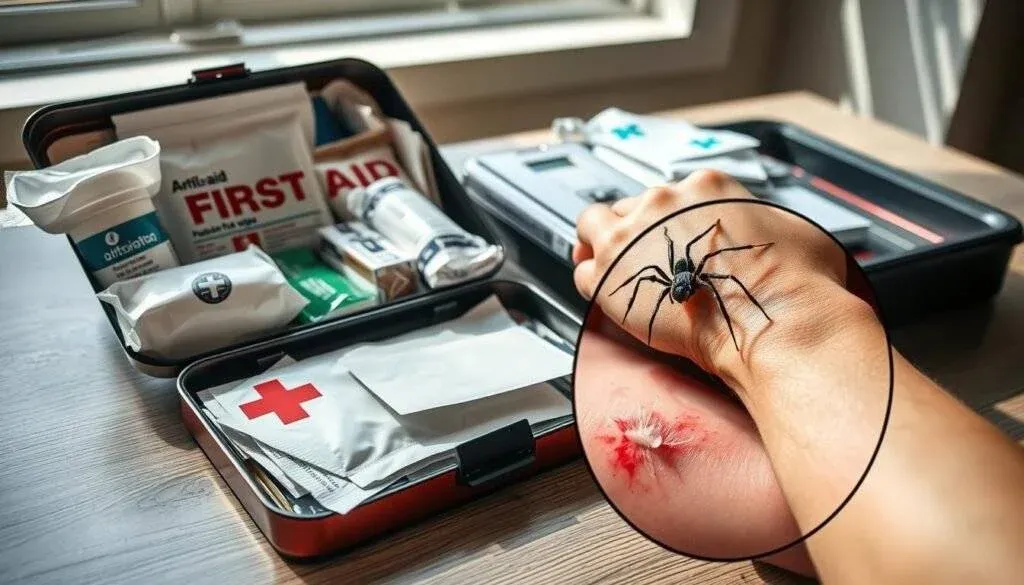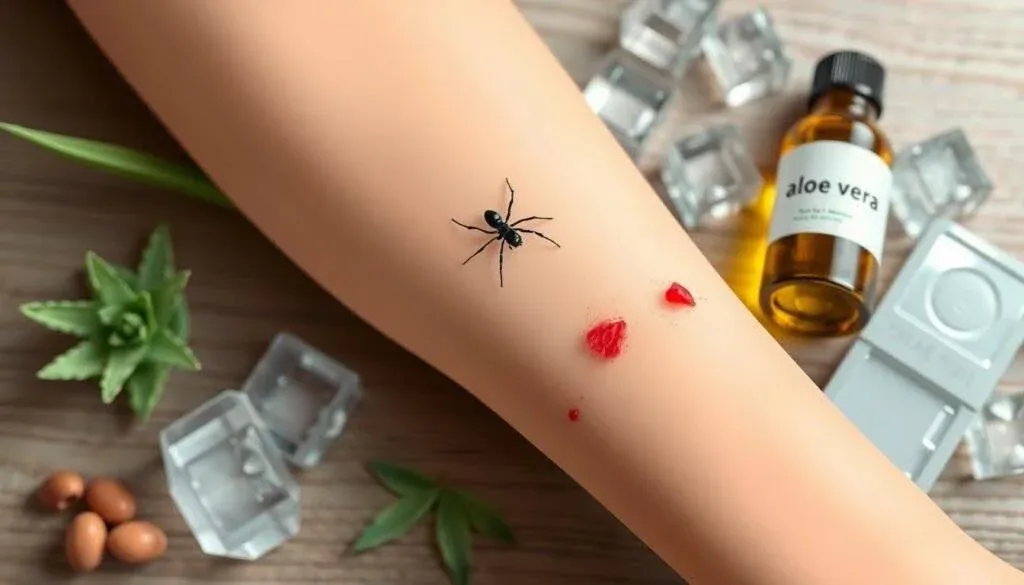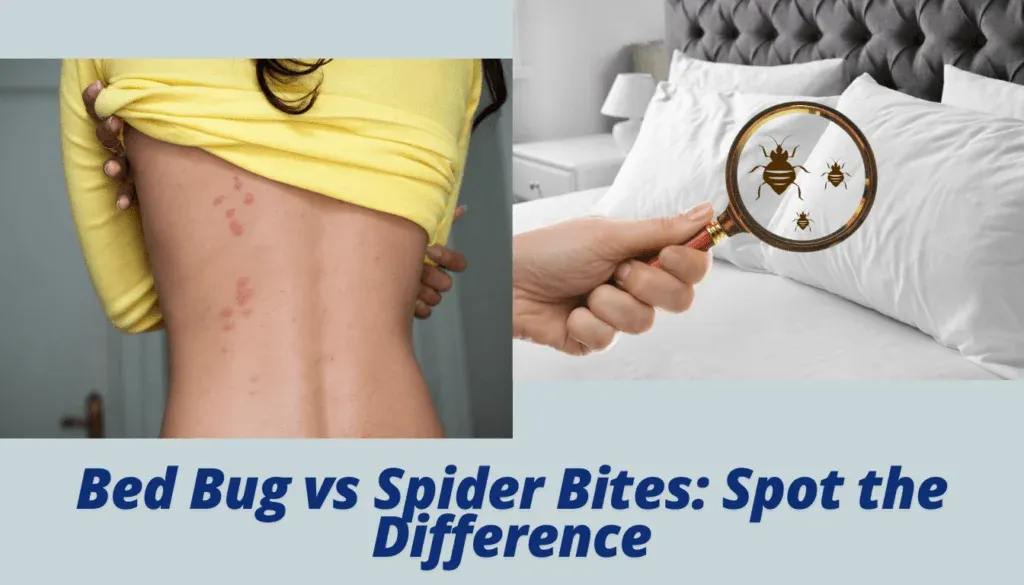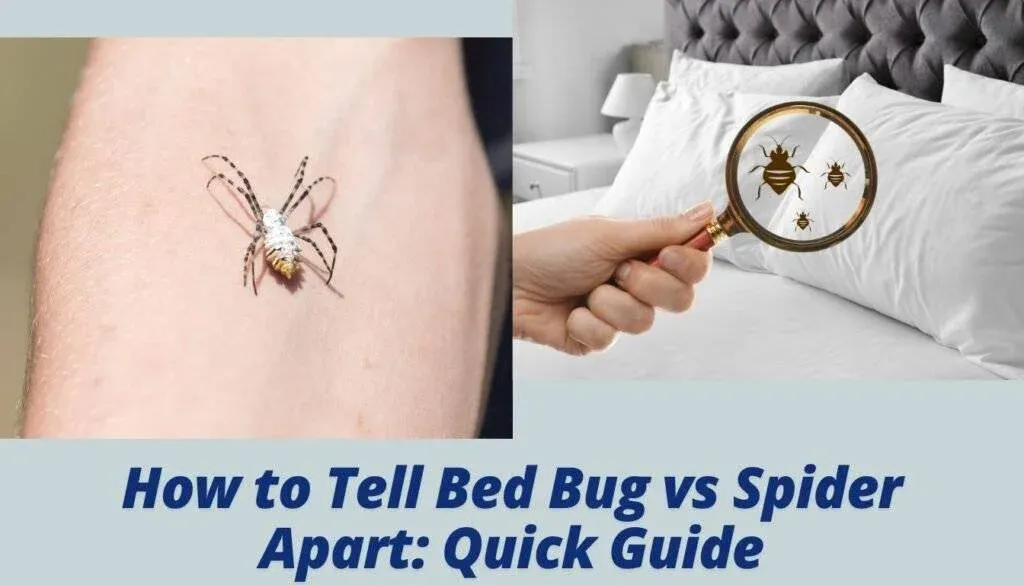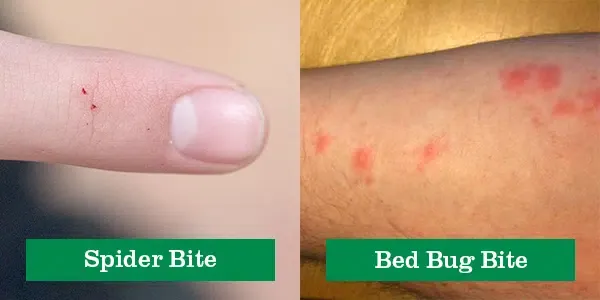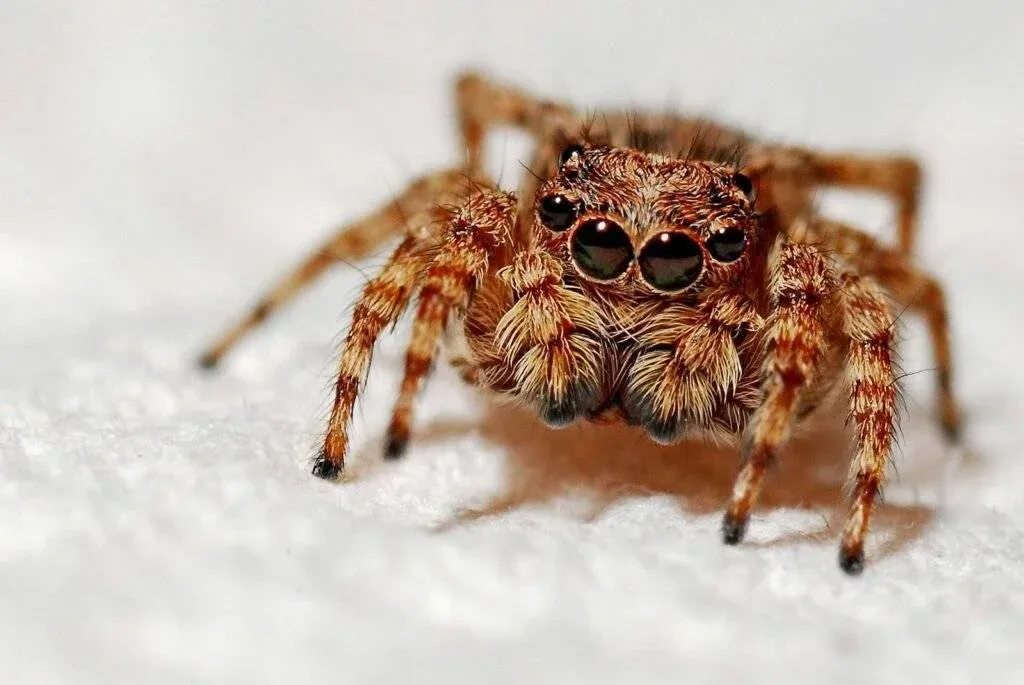Spider bites are unsettling enough, but when they become infected, the risk of serious complications rises. Proper infected spider bite care is crucial to avoid worsening symptoms and long-term damage. Whether the infection is mild or severe, understanding the correct steps can make all the difference in recovery.
How a Spider Bite Becomes Infected
Most spider bites start as small red bumps or mild swelling. However, if bacteria enter the bite area—often from scratching or poor hygiene—it can lead to infection. Knowing the basics of infected spider bite care helps you react quickly and prevent dangerous outcomes.
Common causes of infection include:
Touching the bite with unwashed hands
Breaking the skin while scratching
Exposure to dirty environments
Delayed cleaning of the wound
Signs of an Infected Spider Bite
Recognizing the warning signs is essential in effective infected spider bite care. Symptoms may include:
Increased redness and swelling around the bite
Warmth at the affected site
Pus or fluid drainage
Severe itching or throbbing pain
Fever or chills in more advanced cases
If symptoms escalate quickly, it may indicate a more serious infection or an allergic reaction that requires medical attention.
First Aid for Infected Spider Bites
Immediate infected spider bite care begins with proper first aid. Here are key steps to follow:
Clean the Area – Wash gently with soap and lukewarm water to remove bacteria.
Apply an Antiseptic – Use an over-the-counter antiseptic cream or spray.
Reduce Swelling – Apply a cold pack wrapped in a cloth for 10 minutes at a time.
Cover the Bite – Use a sterile bandage to keep the wound clean.
Avoid Scratching – Scratching can worsen infection and slow healing.
Following these steps early can prevent mild infections from turning into severe medical issues.
Medical Treatment Options
Sometimes, professional infected spider bite care is necessary. A doctor may:
Prescribe antibiotics to control bacterial growth
Drain pus from an abscess if needed
Provide prescription pain relief
Administer a tetanus shot if the wound is deep
For dangerous spider species, such as the brown recluse or black widow, medical treatment may also involve antivenom and more intensive monitoring.
Home Remedies That May Help
While professional care is essential for severe cases, some home remedies can complement infected spider bite care:
Warm Compresses – After the first 24 hours, apply a warm compress to encourage healing.
Aloe Vera Gel – Helps reduce inflammation and soothe skin.
Honey – Known for its antibacterial properties when applied topically.
Turmeric Paste – Acts as a natural antiseptic and can speed recovery.
Always ensure that home remedies are applied to clean skin and do not replace medical treatment when symptoms are serious.
When to Seek Emergency Help
Infected spider bites can sometimes lead to life-threatening complications. Seek immediate medical attention if you experience:
Rapidly spreading redness or swelling
High fever or uncontrollable chills
Severe pain unrelieved by medication
Signs of blood poisoning (red streaks from the wound)
Difficulty breathing or swallowing
These symptoms could indicate sepsis, allergic shock, or a severe venom reaction.
Preventing Infection After a Spider Bite
Preventive measures are just as important as infected spider bite care itself. To reduce the risk of infection:
Wash the bite area promptly after being bitten
Keep fingernails trimmed to avoid breaking the skin while scratching
Change bandages daily or when they become wet or dirty
Wear gloves when cleaning storage spaces or handling firewood
Taking preventive steps ensures that even if you are bitten, the chance of infection remains low.
Common Myths About Spider Bites
A major part of infected spider bite care is separating fact from fiction:
Myth: Every spider bite gets infected.
Fact: Most spider bites heal without infection if treated promptly.Myth: All infections require antibiotics.
Fact: Mild infections can often be managed with proper wound care.Myth: You can always identify the spider that bit you.
Fact: Many bites occur without the person seeing the spider.
Final Thoughts on Safe Recovery
An infected spider bite can be uncomfortable, but with correct infected spider bite care, most people recover fully. The key is to act quickly, maintain good hygiene, and seek medical attention when symptoms become severe. By combining first aid, medical treatment when necessary, and preventive measures, you can ensure a safe and smooth healing process.

